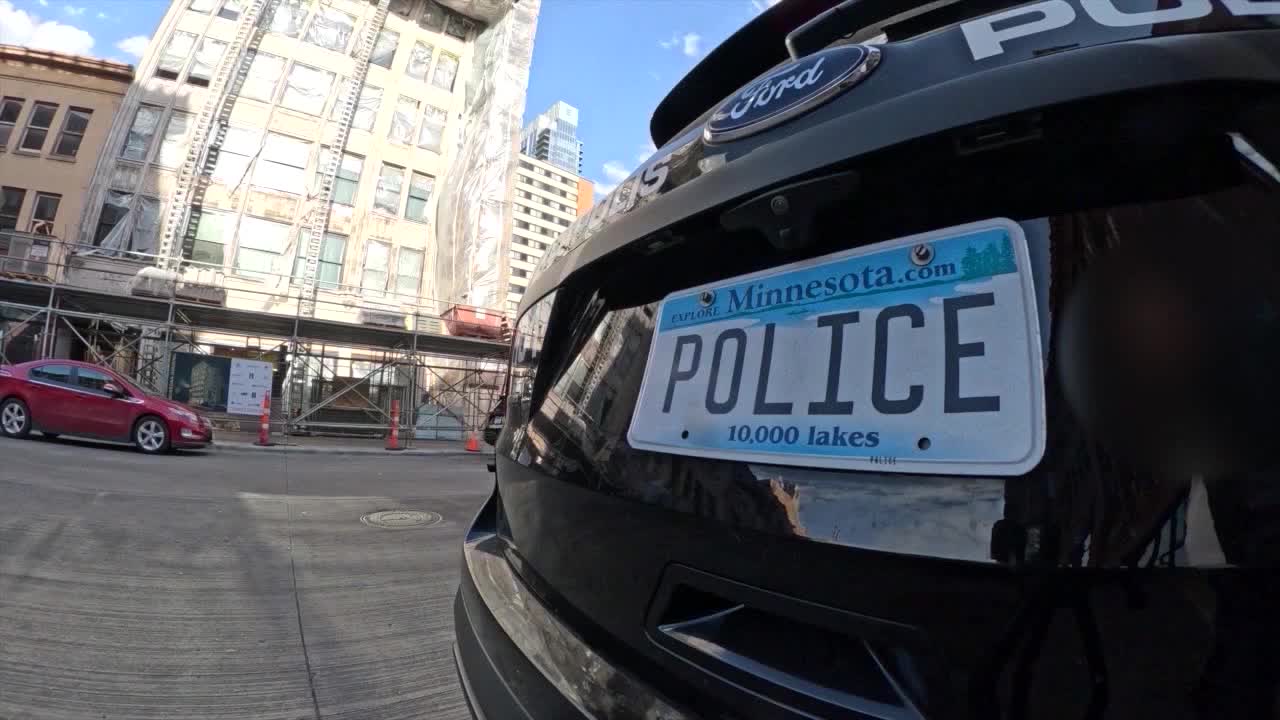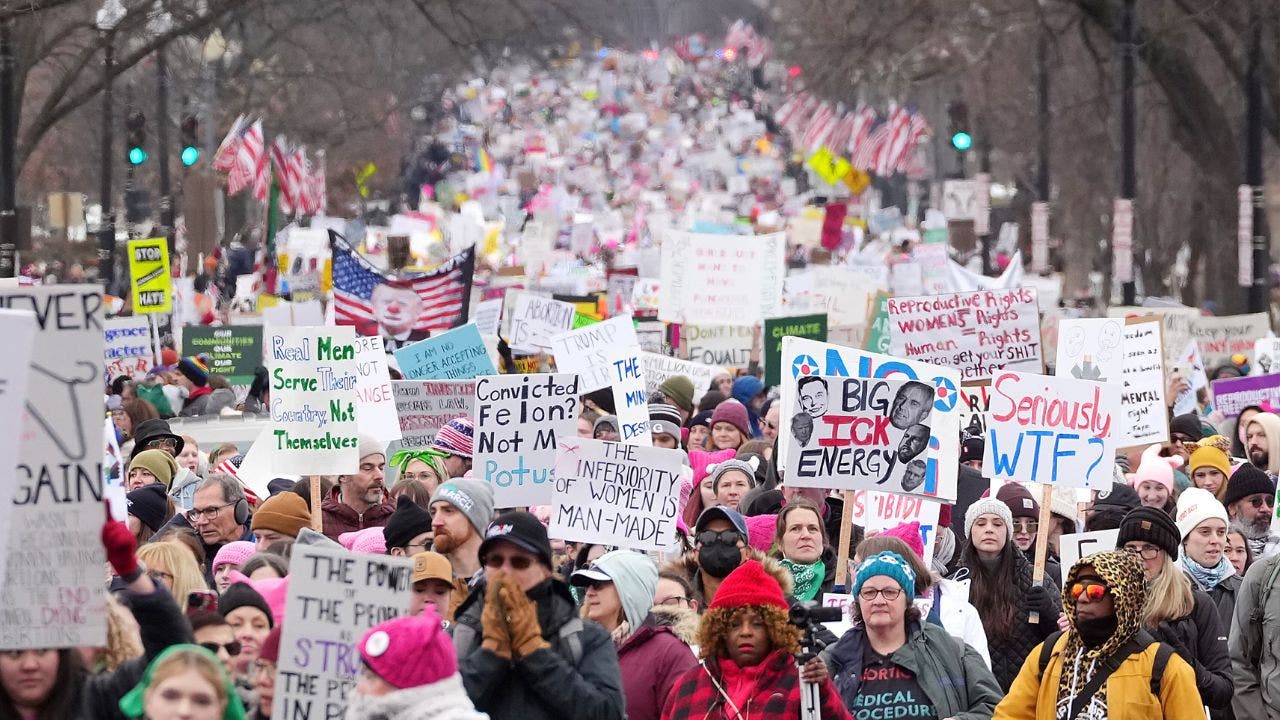Minneapolis, MN
Police monitor gives insight on Minneapolis Police’s consent decree

Watch CBS News
Be the first to know
Get browser notifications for breaking news, live events, and exclusive reporting.

Minneapolis, MN
Minneapolis police union seeks voice in federal reform plan

The Minneapolis police union is seeking a voice in the latest plan for court-ordered reforms of the police department. The union on Friday filed a motion to intervene in the proposed federal consent decree.
Last week the city and U.S. Justice Department announced details of a federal consent decree, in which a judge would enforce major changes at MPD. The agreement is similar to a state-level settlement between MPD and the Minnesota Department of Human Rights that followed the 2020 murder of George Floyd.
Police Federation attorney Jim Michels said in a phone interview with MPR News on Friday that members are concerned about possible conflicts with their labor contract.
As one example, Michels pointed to language in the consent decree that details shift scheduling for supervisors.
MPR News helps you turn down the noise and build shared understanding. Turn up your support for this public resource and keep trusted journalism accessible to all.
“It calls for the department to schedule sergeants and lieutenants in certain ways,” Michels said. “And we have scheduling language in the labor agreement that talks about how sergeants and lieutenants are scheduled.”
Michels said that the union does not oppose the consent decree, but wants to have a say in its implementation.
“That’s the tack we’d like to take initially, is try to work together to collaborate to make sure everybody’s interests are taken care of. Because right now, unless the federation is allowed to have a seat at the table, the only interests being advanced are the interests of the city and the federal government,” Michels said.
Michels noted that federal judges overseeing consent decrees elsewhere, including in Albuquerque, have allowed police unions to intervene in the reform process.
The group Communities United Against Police Brutality, which has long advocated for court oversight of MPD, filed an amicus brief to participate in the case soon after the agreement was announced.
The consent decree will not be legally binding unless it receives the approval of U.S. District Judge Paul Magnuson.
Police reform advocates fear that the Justice Department under incoming President Donald Trump could scuttle the agreement unless it takes effect before his inauguration.
During his first term, Trump opposed consent decrees and called them a “war on police.”
Minneapolis, MN
Police Officers Federation of Minneapolis files motion to intervene in federal consent decree

The Police Officers Federation of Minneapolis (POFM) has filed a motion to intervene in the federal consent decree that outlines sweeping reforms to the city’s police department.
According to court documents, POFM — the union representing sworn members of the Minneapolis Police Department (MPD) — states the consent decree could impact working conditions, employment terms and collective bargaining rights.
The group also said, in part, “The purpose of seeking intervention is to provide the Federation with the ability to present our concerns formally to the Court and to the representatives of the Federal government and the City of Minneapolis.”
The consent decree comes after a U.S Department of Justice investigation found civil rights violations by the city and police department. It also found that MPD was using unjustified deadly force against Black and Indigenous people.
On Jan. 6, the Minneapolis City Council approved the federal consent decree following an hours-long closed-door session.
If a judge approves the consent decree, it will require the city and Minneapolis police to follow the court order under the supervision of an independent monitor and will cover several areas of concern.
The goal is to get a judge to sign the consent decree by Jan. 20 — partly because Trump’s previous administration put limits on consent decrees.
The Minnesota Department of Human Rights has a separate court agreement with both the city and MPD, which requires officers to work to deescalate and ban officers from using force as a punishment.
Click here for KSTP’s coverage of MPD reform.
Read the motion to intervene in full below:
Minneapolis, MN
Minneapolis police union files motion to intervene in consent decree

MINNEAPOLIS — The Police Officers Federation of Minneapolis has filed a motion to intervene in a deal between the city and the U.S. Department of Justice aiming to bring reform to the city’s police department.
The motion, filed in court Friday, argues the consent decree would impact working conditions for the over 580 police officers represented by the police union.
The union says if the consent decree is approved without them, it may harm their ability to protect the interests of the represented officers, court documents say.
The Minneapolis City Council approved the deal on Jan. 6 after a closed-door meeting with federal officials.
The consent decree process started after a police officer killed George Floyd in 2020, sparking global protests. In 2023, the Department of Justice released a report that found the Minneapolis Police Department engaged in systematic racial discrimination and unconstitutional policing for years.
A judge still has to approve the consent decree.
It’s unclear what fate the consent decree will have after President-elect Donald Trump takes office, as he been critical of consent decrees in the past.
Note: The above video first aired on Jan. 7, 2025.
-
/cdn.vox-cdn.com/uploads/chorus_asset/file/25822586/STK169_ZUCKERBERG_MAGA_STKS491_CVIRGINIA_A.jpg)
/cdn.vox-cdn.com/uploads/chorus_asset/file/25822586/STK169_ZUCKERBERG_MAGA_STKS491_CVIRGINIA_A.jpg) Technology1 week ago
Technology1 week agoMeta is highlighting a splintering global approach to online speech
-

 Science1 week ago
Science1 week agoMetro will offer free rides in L.A. through Sunday due to fires
-
/cdn.vox-cdn.com/uploads/chorus_asset/file/23935558/acastro_STK103__01.jpg)
/cdn.vox-cdn.com/uploads/chorus_asset/file/23935558/acastro_STK103__01.jpg) Technology7 days ago
Technology7 days agoAmazon Prime will shut down its clothing try-on program
-

 News1 week ago
News1 week agoMapping the Damage From the Palisades Fire
-
/cdn.vox-cdn.com/uploads/chorus_asset/file/25826211/lorealcellbioprint.jpg)
/cdn.vox-cdn.com/uploads/chorus_asset/file/25826211/lorealcellbioprint.jpg) Technology6 days ago
Technology6 days agoL’Oréal’s new skincare gadget told me I should try retinol
-
/cdn.vox-cdn.com/uploads/chorus_asset/file/25832751/2192581677.jpg)
/cdn.vox-cdn.com/uploads/chorus_asset/file/25832751/2192581677.jpg) Technology3 days ago
Technology3 days agoSuper Bowl LIX will stream for free on Tubi
-

 Business4 days ago
Business4 days agoWhy TikTok Users Are Downloading ‘Red Note,’ the Chinese App
-
/cdn.vox-cdn.com/uploads/chorus_asset/file/25835602/Switch_DonkeyKongCountryReturnsHD_scrn_19.png)
/cdn.vox-cdn.com/uploads/chorus_asset/file/25835602/Switch_DonkeyKongCountryReturnsHD_scrn_19.png) Technology1 day ago
Technology1 day agoNintendo omits original Donkey Kong Country Returns team from the remaster’s credits


















